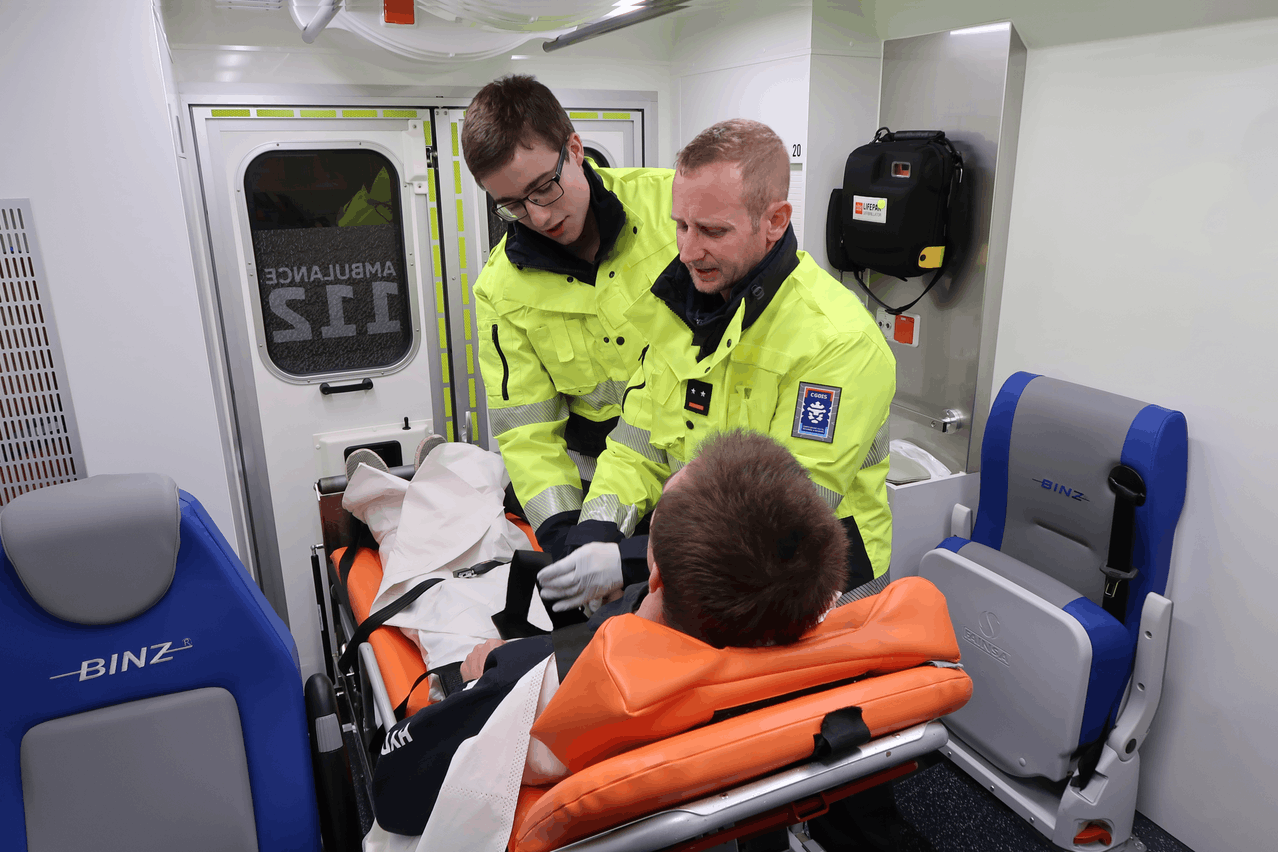Better investment in citizens’ security
The PNOS, revealed by minister of home affairs Taina Bofferding (LSAP) on Tuesday, a few days after being accepted by the government’s council, put forward several changes needed to insure a more efficient functioning of the grand duchy’s fire and rescue services (CGDIS).
“Assessing risks and defining the needs of the CGDIS to assure a nation-wide coverage,” is the basis for the PNOS, as explains a .
Alongside acquiring more tools and infrastructures and providing more trainings, the 300 jobs, to be created by 2025, are to make for a more efficient and responsive treatment of calls for help. The contingency plan needs more financial and human resources to hit the 15-minutes target, states an official press release. The annual increase in contributions of communes--amounting to 1% of their ordinary expenditures--and the State will fund this initiative.
These changes would be the building blocks for the good functioning of the PNOS, which focuses on prevention and preparedness as well as response and recovery to tackle upcoming issues, such as the heavy floods that ravaged parts of the country
Receptive towards feedback
The PNOS also takes into consideration the criticism of the 67 communes and Syvicol. Among the listed demands were a more concrete description of the roles of the communes in the management of security, more precise cost estimates for the CGDIS budget and an adequate investment in volunteers, which are considered a pillar of the rescue organisation.
The contingency plan also adapted to the request of the communes that its progress should be reviewed regularly.
